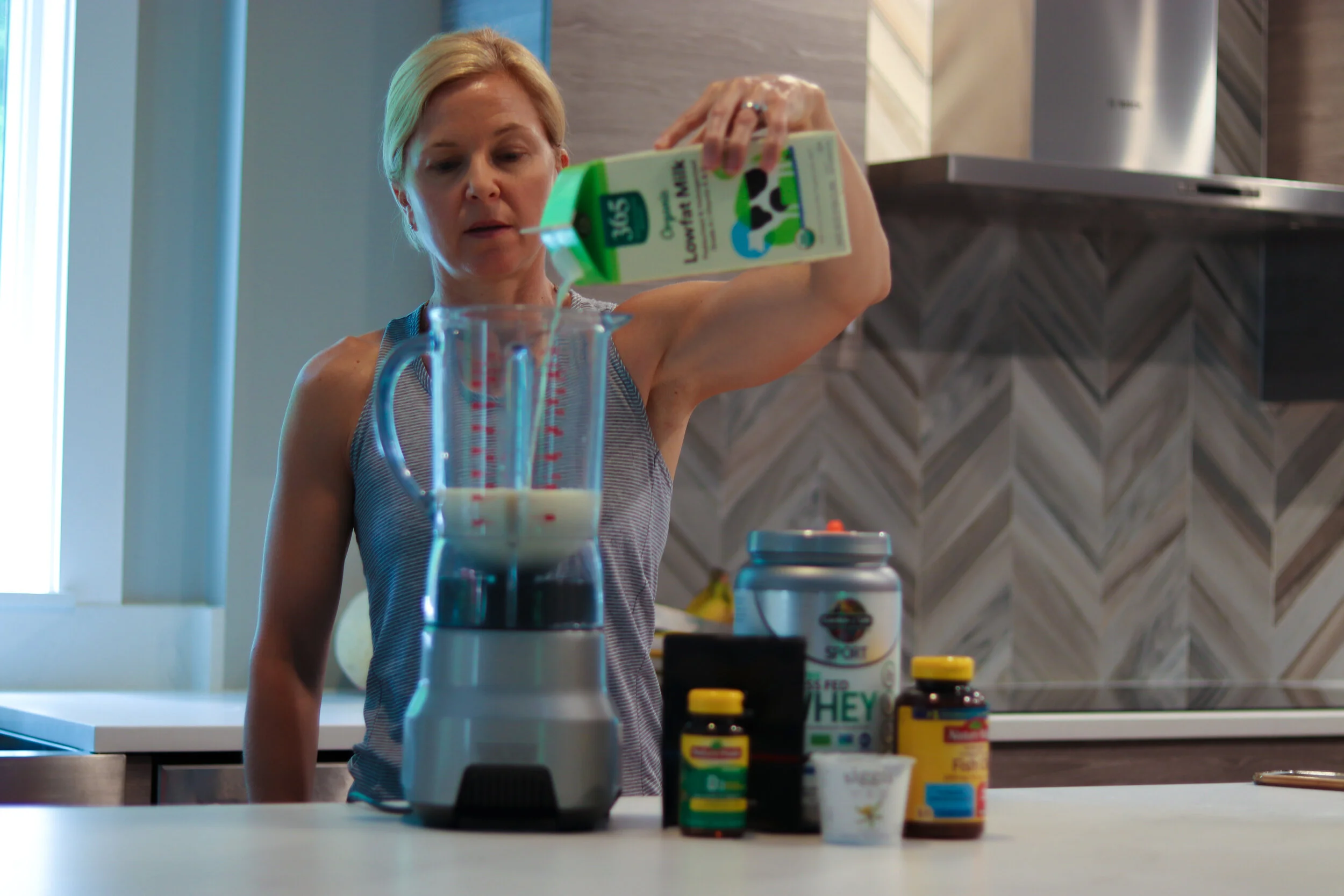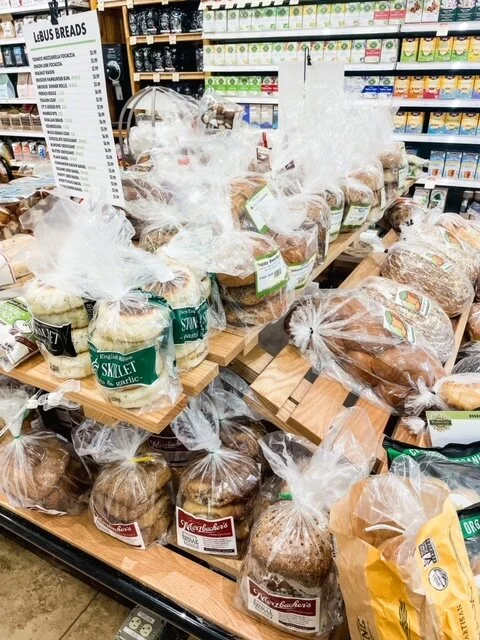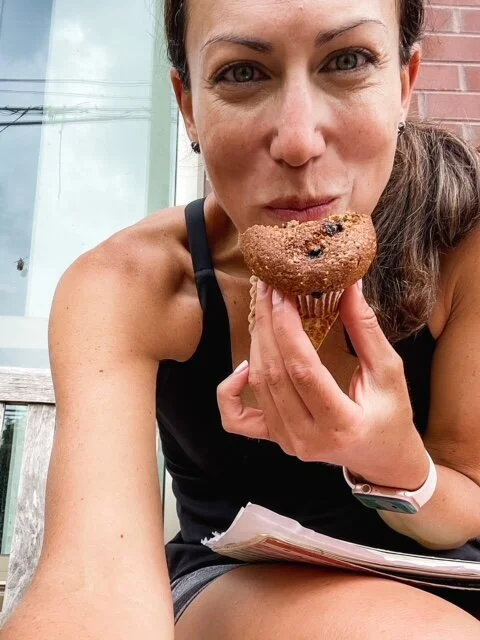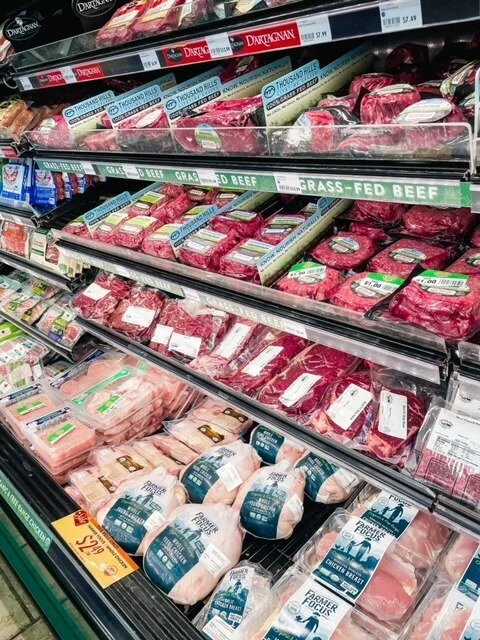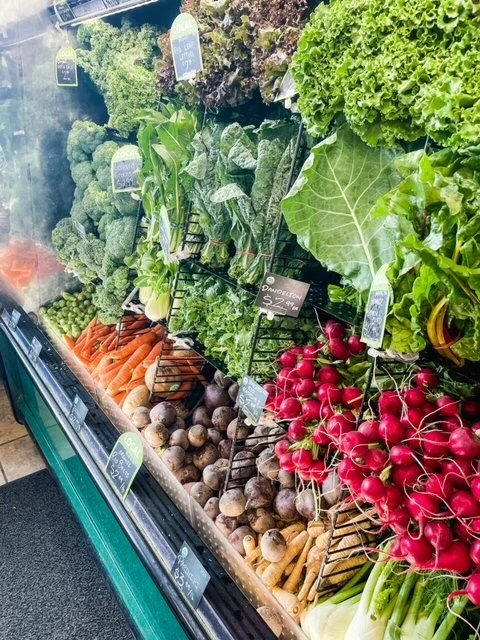Food is Fuel. Food is Medicine. Food is Fun.
This is my first food blog post. Readers have asked me to write on this topic before but to be honest, I don’t know enough about food and nutrition to be able to share anything all that helpful. I eat somewhat healthy, but I often find myself eating on the go— grabbing what is available at that moment. I try to keep quick healthy options in my house. But my biggest problem is that at times, I don’t properly fuel myself because I get so distracted by the kids and life—especially this year with a house that was always full.
So last week I met Megan Robinson to embark on a nutrition journey with her. Megan is a Board Certified Specialist Sports Dietician and a Level 1 Certified RRCA Running Coach. She has been a distance runner her whole life so she understands first hand what is required to nourish the body when enduring such intensity in training. Megan works with athletes of all ages and levels. Some clients work with her solely for nutrition services. Some just for running. Her two practices clearly work well together so she often advises her clients on both running and nutrition. Her practice is very client focused and tailored to the individual needs of the person. I plan to work with her on both.
Like recovery, proper fuel during training is vital to optimizing performance. That’s probably not news to anyone. But the “what to eat” and “when to eat it” and “how much to eat” is based on what and how much you are training or performing. I have a lot to learn from Megan and will be working with her in the coming months. I wanted to share a few initial takeaways from our first conversation.
So a typical day of exercise for me might look like a 45-minute pilates class, or a 50-minute light run, or a 60-minute strength class. Following exercise like this, I do not need to alter my usual diet as long as I am eating proteins, good carbohydrates and healthy fats. A balanced diet that supports both my training and recovery is always necessary to keep my body going. Fast forward to a few weeks from now, when my long runs are up to 9 miles. Anything that has me training for 90 minutes or more requires an adjustment to my normal diet in order to support the added intensity.
When you train for an extended period of time, your body uses its muscle and liver glycogen stores, so you must replenish them… and pretty soon after you exercise. The fastest way to do this is to eat healthy carbohydrates within the 2 hours following your intense training. Foods like fruits, yogurt and grains like rice, potatoes and quinoa. How much depends on your weight. Since I weigh about 140 pounds, I need about 60 grams of carbohydrates in that 2-hour post workout period.
After a long run or an intense workout, you also need to eat protein to repair your muscles. Protein and carbohydrates together work best to aid in reparation and recovery. “Eating carbs plus protein help with recovery, better than just having one nutrient alone.” Again, you are looking to eat protein within that 2 hour post-workout time period. So for me, my goal is to eat about 20 grams of protein and 60 grams of carbohydrates. Since I typically run in the morning, a good post run breakfast would be eggs, fruit, toast and potatoes. I know- it’s a hearty meal! I could add a bit of good healthy fat, like a side of avocado, and I am on my way to replenishing my body and preparing for my next run or workout.
When you are trying to build and maintain muscle mass (whether you are a weightlifter, or a post-menopausal woman), adding more protein to your diet is helpful. Leucine is an amino acid in protein that helps to accomplish that goal. Foods like eggs, meat, milk and cheese (animal proteins) have large amounts of Leucine. Vegans need to eat more plant proteins to get the proper amount of Leucine.
The food you eat following an injury or a particularly intense workout will directly impact your recovery and healing. Foods can reduce inflammation. Fatty fish, walnuts, flax seeds, avocado, olive oil, salmon and yogurt do a great job reducing inflammation because these foods are rich in healthy fats and vitamin D. Antioxidants found in beets, leafy greens, berries and pineapple also reduce inflammation. Megan believes that acute inflammation isn’t such a bad thing after an intense workout. Inflammation is the body's natural way to adapt and rebuild muscle and recover. Megan believes that you should not do anything to speed up the natural recovery process.
Food is a big part of my life. Food brings my family together on holidays. Food brings my friends together on a weekend night. And a delicious meal can totally change my mood. With the help of Megan, I am now learning the most effective way for food to fuel my body. I will check back in from time to time as I continue to work with Megan during my training this fall. Until then, happy eating!
If Megan’s practice sounds cool to you, too, you can get in touch with her here.


